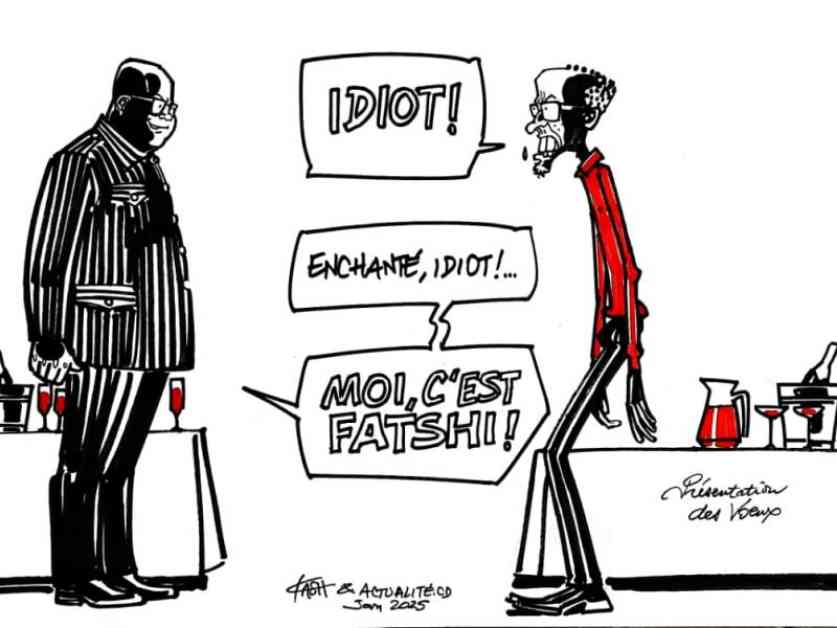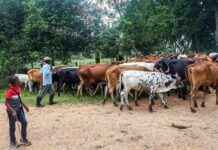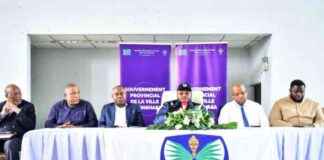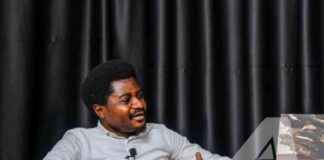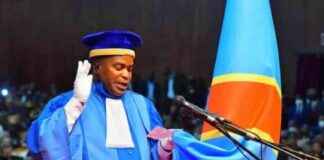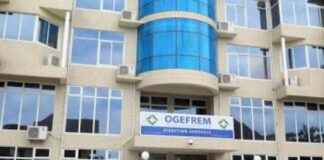Political Tensions Flare in East DRC
In a recent exchange of New Year’s wishes in Kinshasa on January 18, 2025, Congolese President Félix Tshisekedi condemned the advances of the M23 rebel movement, supported by Rwanda. He based his criticism on a recent United Nations report, denouncing international reactions as insufficient in light of the severity of the crimes committed and their humanitarian consequences. Tshisekedi called for immediate sanctions against Kigali to halt this aggression and prevent regional escalation, emphasizing that the DRC demands concrete actions and firm support rather than solidarity speeches.
Call for International Action
President Tshisekedi urged the international community to translate their statements into tangible and deterrent measures. He requested targeted sanctions against Rwandan political and military officials involved in destabilizing eastern DRC, a region rich but plagued by serious conflicts. Tshisekedi asserted that the DRC was not seeking aid but fair and equitable solidarity to address the country’s security, economic, and humanitarian challenges.
Defense of Democratic Values
Seizing the opportunity, Tshisekedi defended democratic vitality in the DRC, considering it a model despite its imperfections, contrasting it with Paul Kagame’s authoritarian regime in Rwanda. In an indirect exchange, Kagame made harsh remarks, calling some leaders a “combination of fools and leaders,” a thinly veiled reference to Tshisekedi, highlighting the persistent tension between the two heads of state.
Expert Analysis on Regional Implications
Political analysts warn that the escalating tensions between Tshisekedi and Kagame could have far-reaching consequences not only for the DRC and Rwanda but also for the stability of the entire Great Lakes region. The involvement of external actors in supporting rebel groups further complicates the situation, raising concerns about the potential for increased violence and conflict escalation.
Hope for Diplomatic Resolution
Despite the heated exchanges and mutual accusations, there remains a glimmer of hope for diplomatic solutions to de-escalate the situation and prevent further deterioration of relations between the DRC and Rwanda. The international community’s role in mediating and facilitating dialogue between the two countries will be crucial in fostering peace and stability in the region.
As a journalist covering this unfolding conflict, the complexities of political rivalries and power dynamics in the Great Lakes region underscore the importance of transparent communication and diplomatic engagement to avoid the devastating consequences of prolonged conflict. The human cost of such tensions is immense, with communities in eastern DRC bearing the brunt of violence and insecurity. It is imperative for leaders to prioritize the well-being of their citizens and work towards peaceful resolutions that promote regional cooperation and stability. Let us hope that dialogue and diplomacy prevail over discord and division, paving the way for a more peaceful and prosperous future for all those affected by this ongoing conflict.
